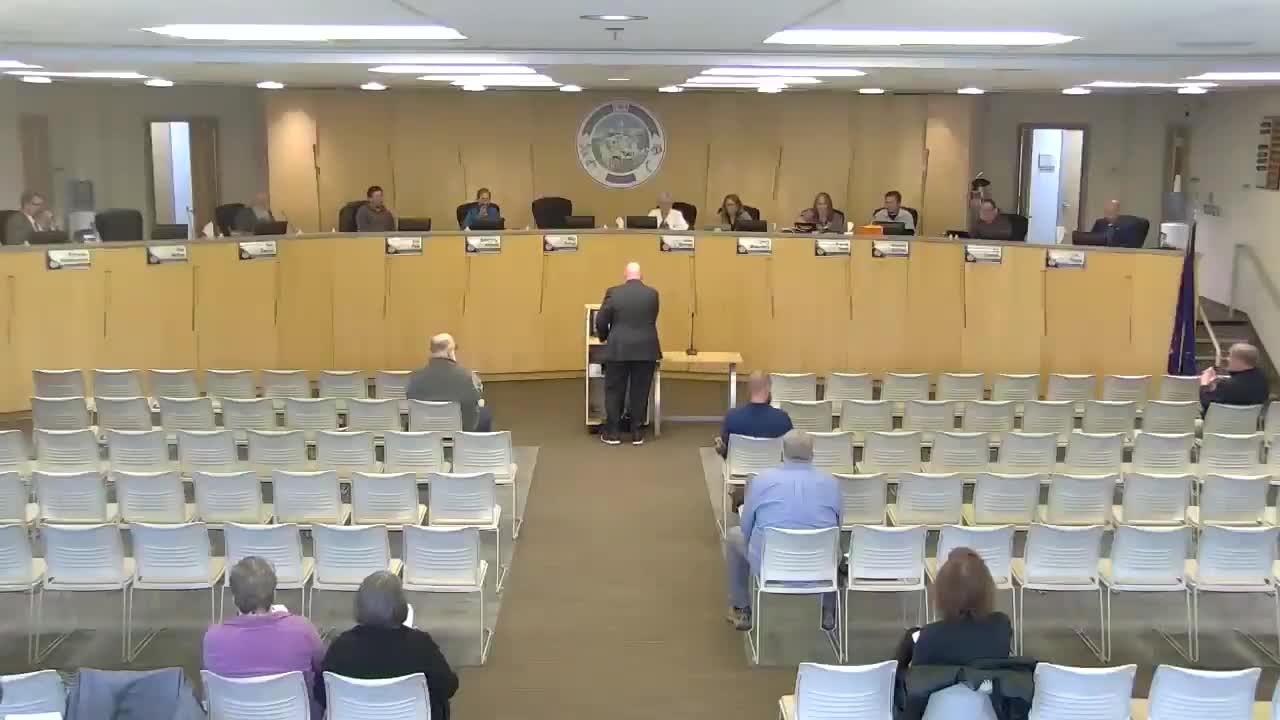Article not found
This article is no longer available. But don't worry—we've gathered other articles that discuss the same topic.
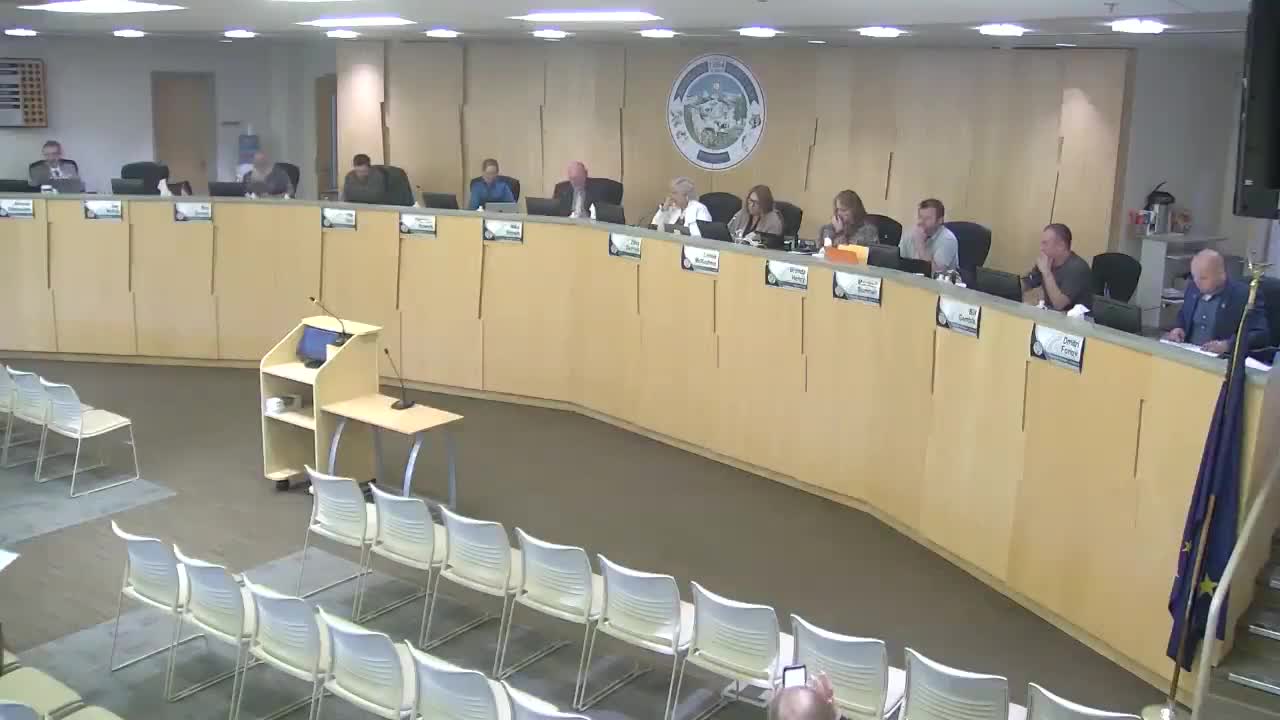
Votes at a glance: key Assembly actions June 3, 2025
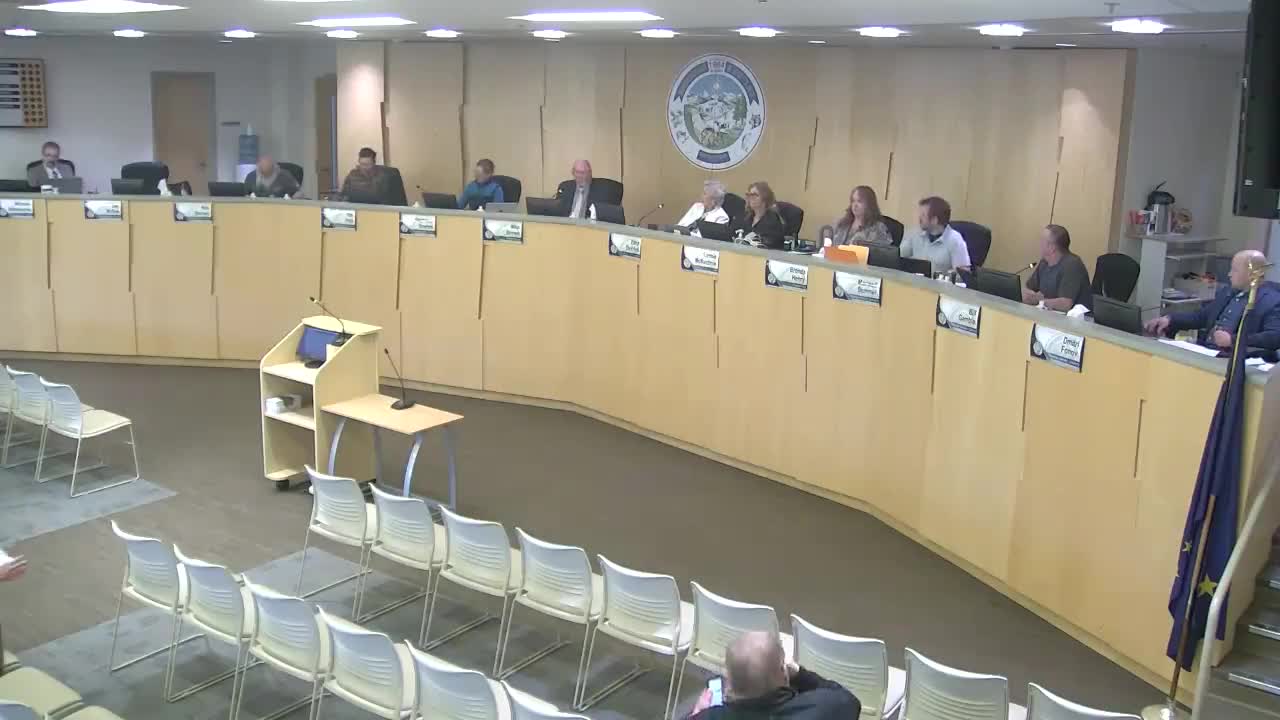
Assembly postpones Bogard–Selden corridor access-management adoption after neighborhood objections and proposed map edits
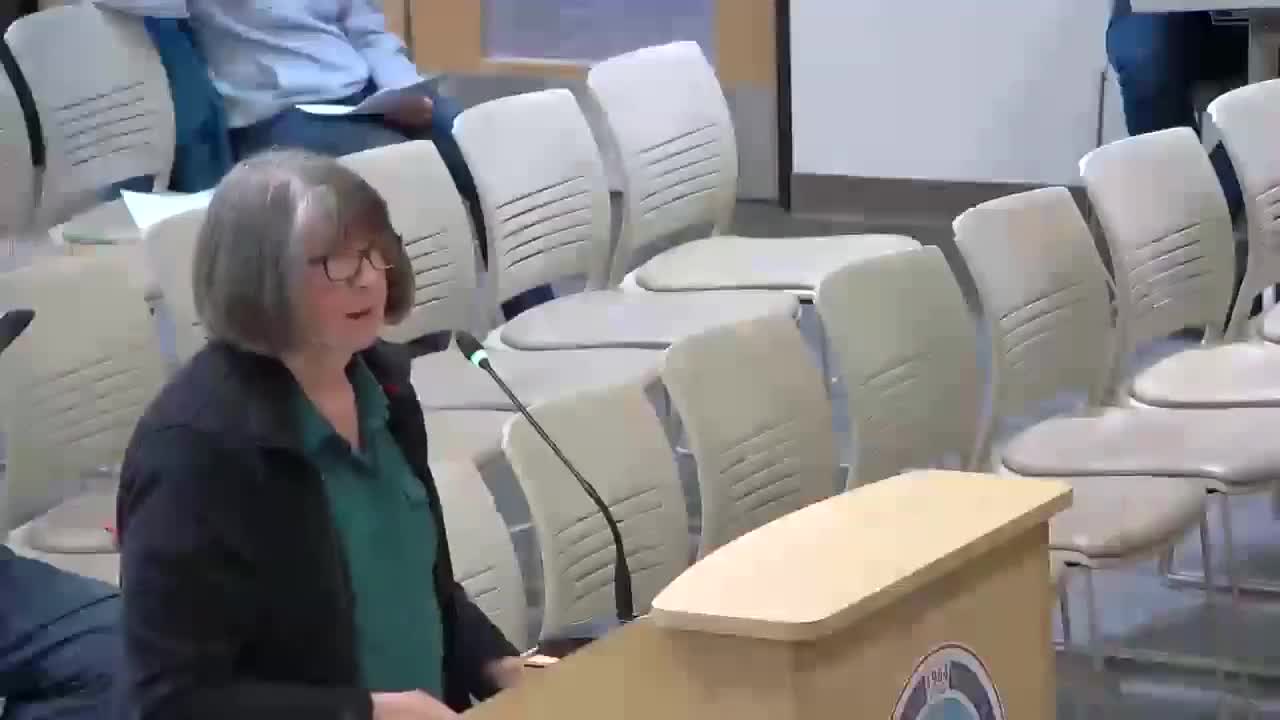
Residents and library leaders debate book challenges as Assembly hears dozens of public comments
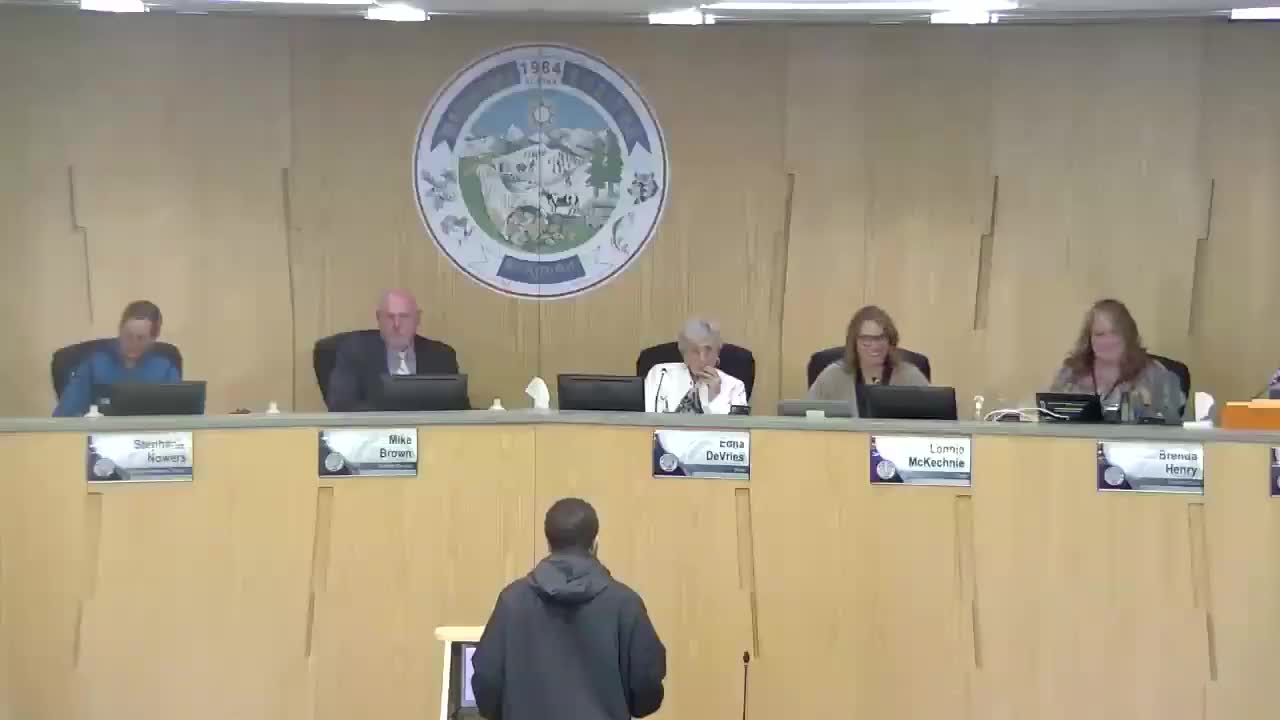
Assembly adopts conditional-use rules for homeless shelters and outpatient opioid treatment centers after debate and amendments
